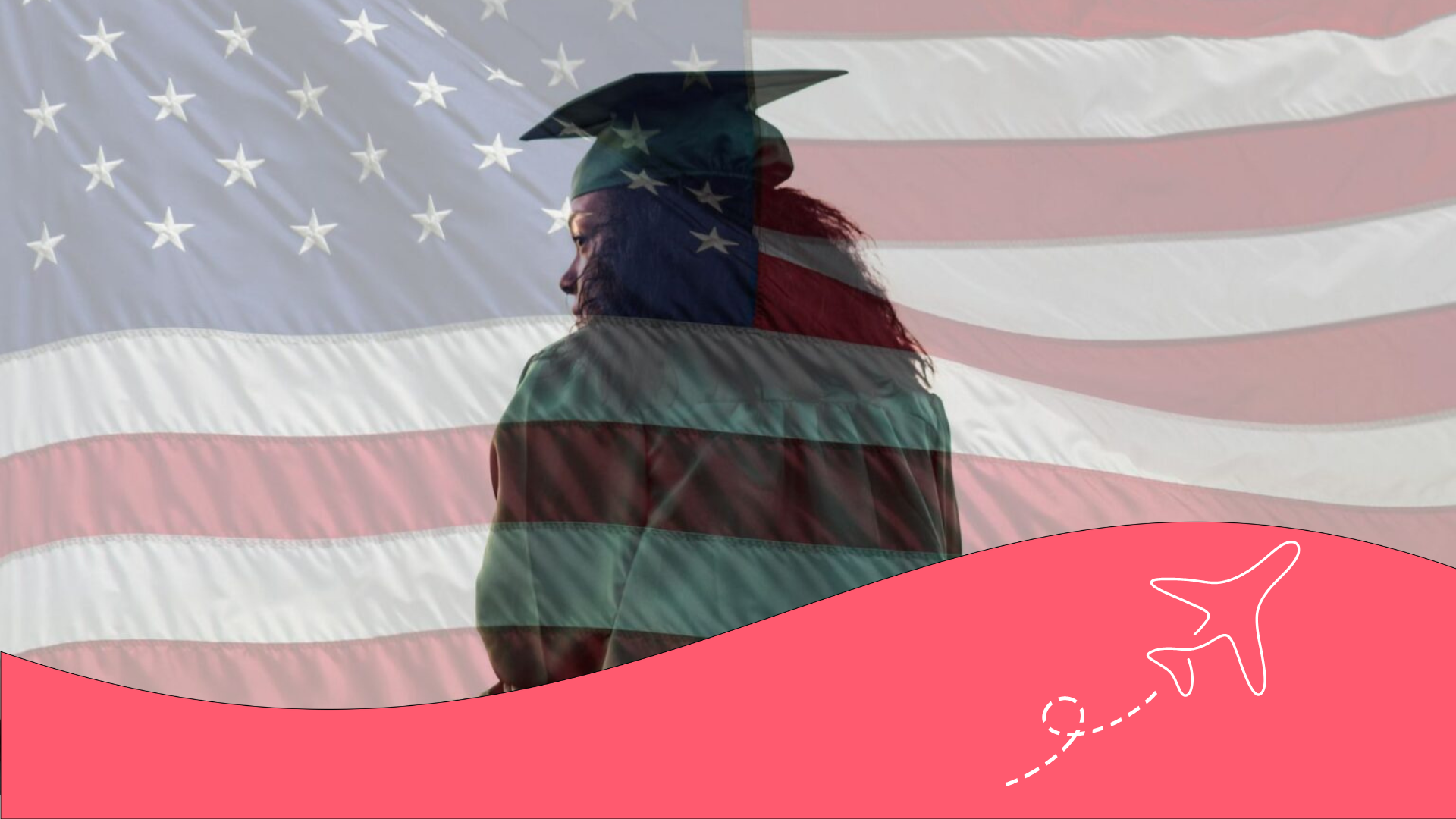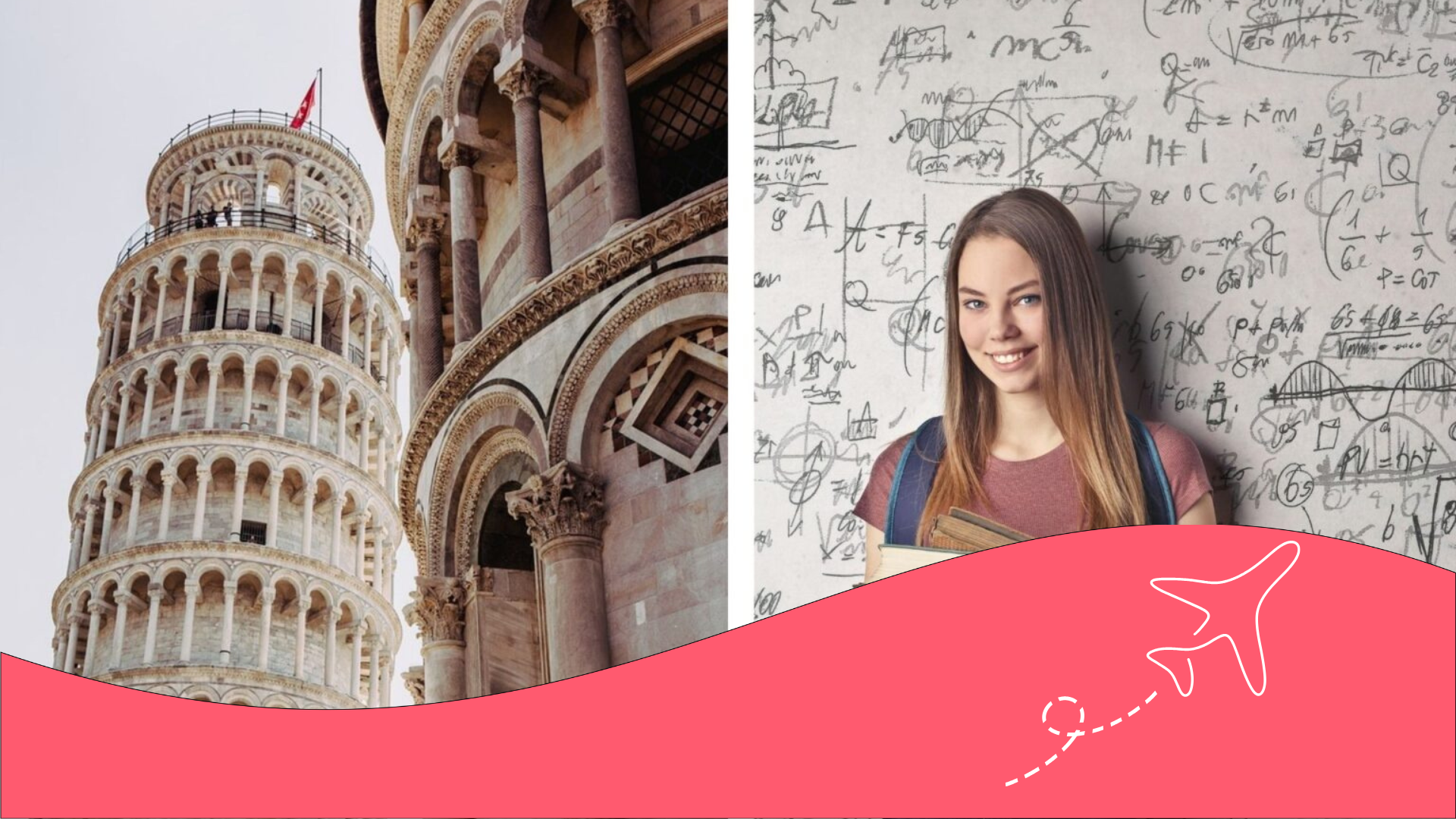How to study in South Korea as an international student?
Learn here about how to study in South Korea as a foreigner, the steps, requirements, costs and if it is feasible.
South Korea is a top destination for international students. Its successful education system and top-ranked universities attract thousands each year. The country offers strong academic programmes in areas like technology, business, engineering and the humanities. Korean culture has become globally popular thanks to its modern lifestyle and creative industries. As a result, more people are choosing South Korea for both short- and long-term studies.
If you’re thinking about studying here, this article will help. You’ll learn how to study in South Korea as a foreigner—whether it’s for a university degree, a Korean language course or a specialisation. We’ll explain the key requirements, the admission process, average costs and a step-by-step guide to make your plan a reality.
Requirements to Study in South Korea as a Foreigner
To study in South Korea as an international student, you’ll need to meet both government and university requirements.
Essential Documents to Study in South Korea
You’ll need the following documents to apply to a Korean university or institute:
- A valid passport with at least 6 months’ validity
- A student visa that matches the type of programme you’re enrolling in. In the visa section, we’ll explain which types are available.
- An acceptance letter from an accredited institution in South Korea.
- Proof of previous education—such as a high school diploma, bachelor’s or postgraduate degree—depending on the level you’re applying for.
- Proof of financial means, showing you can cover tuition and living expenses. Most universities ask for a minimum bank balance of $10,000 to $20,000.
- International health insurance, which has been mandatory for foreign students since 2021.
- Proof of language proficiency, based on the programme’s language of instruction. Some universities require the TOPIK exam if the course is in Korean. For English programmes, you’ll need TOEFL or IELTS scores.
- Payment of tuition or application fees, which vary by university and programme.
Keep in mind: Your chosen university or institute might ask for extra documents. Always check the specific requirements for your selected academic centre.
Steps to Study in South Korea as an International Student
1. Choose a University or Institute in South Korea
The first step is choosing the right university or institute based on the programme you want to study.
Here are some key factors to consider:
- Availability of programmes in English or Korean
- Tuition fees and cost of living in the city where the institution is located.
- Reputation and ranking of the university
Some of the most prestigious universities in South Korea include:
- Seoul National University (SNU)
- Korea University
- Yonsei University
- KAIST (Korea Advanced Institute of Science and Technology)
- POSTECH (Pohang University of Science and Technology)
If you’re looking for Korean language courses, some top institutions to consider are:
- Yonsei Korean Language Institute (KLI)
- Sogang Korean Language Program
- SNU Korean Language Education Center
2. Explore Funding Options
If you find that studying in South Korea is costly, there are several scholarships and financial aid options to consider. Some popular funding options include:
- Global Korea Scholarship (GKS): This government-funded programme covers tuition, airfare, health insurance and a monthly stipend.
- Korean University Scholarships: Some universities, like Yonsei University, offer merit-based scholarships or tuition discounts.
- Private Scholarships: International organisations such as KAIST and Hanyang provide financial support for international students.
It’s best to check the specific requirements and deadlines for each scholarship well in advance.
3. Apply to a Study Programme
To apply to a Korean university or institute, follow these steps:
- Fill out the application form on the official website of your chosen institution.
- Upload all the required documents, including your passport, academic certificates and language test results.
- Pay the application fee, which ranges from $50 to $150 depending on the university.
- Wait for your acceptance letter—this document is essential for your visa application.
Application deadlines vary depending on the semester you plan to join. South Korean universities typically have two main intake periods:
- Spring semester: Apply between September and November of the previous year.
- Autumn semester: Apply between May and July of the same year.
4. Apply for a Student Visa for South Korea
Once you receive your acceptance letter, the next step is applying for a student visa.
There are two main types of student visas in South Korea:
- D-2 (University Student Visa): For bachelor’s, master’s or PhD programmes.
- D-4 (Training or Language Visa): For Korean language courses or technical training programmes.
The visa application process usually requires:
- An acceptance letter from your university
- Proof of financial means (such as bank statements or a sponsorship letter)
- Health insurance
- Visa fee payment, which ranges from $50 to $80.
Visa processing time typically takes 2 to 4 weeks.
Staying Connected in South Korea
As an international student, staying connected is essential. From university admin tasks to everyday communication, a stable internet connection is a must. That’s why we recommend Holafly’s services.
Connectivity Options with Holafly Connect
Stay connected from day one in South Korea with an Holafly Connect eSIM. It gives you unlimited data without the need to swap your physical SIM card.
Available plans:
- 10 GB for $40.93
- 25 GB for $51.19
- Unlimited for $67.90
These plans let you enjoy fast 5G internet in South Korea and over 170 other destinations—with no extra roaming charges.
Important: If you are a frequent traveler and want to stay connected without worrying about expensive roaming or looking for a new SIM at every destination, Holafly’s subscription plans are for you. With a single eSIM, enjoy internet in more than 170 countries for a fixed price and no surprises on your bill. Travel without limits and connect easily and securely! 🚀🌍


When and How to Validate Your Qualifications in South Korea
If you’re planning to continue your studies in South Korea, you may need to validate your academic degree or certificates. This depends on the level of education and the type of institution you choose.
When Is Degree Validation Required?
- For undergraduate or postgraduate studies: If you’re applying for a bachelor’s, master’s or PhD at a Korean university, you’ll need to provide equivalency documentation for your high school transcript, diploma or university degree.
- For technical or specialised courses: Some institutions may require prior studies to be validated to confirm you meet the programme’s entry requirements.
- To work in South Korea with a foreign degree: If your goal is to study and later work in South Korea, certain regulated professions—such as medicine or law—require official validation of your university degree.
How to Validate a Degree in South Korea
The degree validation process may vary depending on the university or institution requesting it. Here are the most common steps:
- Translation and apostille: You must translate your degree and academic certificates into Korean or English using an official translator. Then, have them apostilled in your home country.
- Validation by the South Korean Ministry of Education: Some universities may ask you to send your documents to the Korean Council for University Education (KCUE) or the Korean Institute for Curriculum and Evaluation (KICE).
- Payment of fees: Depending on the process, validation can cost between $50 and $200.
- Processing time: This may take 1 to 3 months, so it’s best to start early.
How much does it cost to study in South Korea as a Foreigner?
The cost of studying in South Korea depends on the university, type of programme and the city you live in. Here’s a breakdown of the main expenses to consider:
1. University Tuition
The institution you choose will affect your tuition fees. Below is a comparison between public and private universities:
| Level of education | Annual Cost – Public Universities | Annual Cost – Private Universities |
| Bachelor’s | $2,000 – $5,000 | $5,000 – $12,000 |
| Master’s/PhD | $2,500 – $6,000 | $7,000 – $15,000 |
| Korean Language Courses | $1,200 – $2,000 (per term) | $1,500 – $3,000 (per term) |
2. Accommodation
Here are three common housing options for students in South Korea:
| Type of Housing | Estimated Monthly Cost |
| University Dormitory | $200 – $600 |
| Shared Room | $300 – $700 |
| Private flats: | $500 – $1,200 |
Many universities partner with student housing providers offering affordable rooms that include internet and security. Check with your university’s student services office for availability.
3. Transport
South Korea has an efficient and affordable public transport system. Here are some typical costs:
- Metro and bus card (T-money): $40–$80/month, depending on usage
- Taxis: Minimum fare starts at $3 (more expensive than public transport)
- Public bikes (Seoul Bike Ddareungi): Monthly rental from $5
4. Food
Food expenses vary based on whether you cook, eat out or order delivery:
| Type of Meal | Average prices: |
| Meals in a budget restaurant | $5 – $10 |
| Mid-range restaurant menu | $10 – $25 |
| University cafeteria meal | $3 – $6 |
| Monthly Groceries | $150 – $300 |
5. Other expenses
- Health insurance: Mandatory for international students, costs $30–$60/month
- Leisure & entertainment: Cinema, cafés and outings can cost $50–$150/month
- Phone & internet: Mobile plans from $50/month
Summary of estimated monthly living costs
| Expenditure | Estimated monthly cost |
| Accommodation | $300 – $1,200 |
| Food | $150 – $300 |
| Transport | $40 – $80 |
| Phone & Internet | $20 – $50 |
| Medical insurance | $30 – $60 |
| Entertainment & Extras | $50 – $150 |
| Estimated monthly total | $590 – $1,840 |
Note: Prices vary by city Seoul is the most expensive, while cities like Daejeon or Busan are more affordable.
Studying Online in South Korea as a Foreigner
Some Korean universities offer online programmes, though they’re not as widespread as in other countries.
Pros and Cons of Online Education in South Korea
| Pros | Cons |
| No need for a visa | Fewer campus networking opportunities |
| Lower costs for transport and accommodation | Some programmes require occasional in-person visits |
| Programmes available in English | Limited access to physical campus resources |
Universities offering online courses include:
- Korea University
- Seoul National University
- KAIST (in certain tech fields)
Frequently Asked Questions: Studying in South Korea as an International Student
No, but it helps. Some universities offer programmes in English, but many require at least TOPIK level 3 in Korean.
Yes. With a D-2 or D-4 visa, you can work up to 20 hours per week during term time and full time during holidays.
Language courses at universities range from $1,200 to $2,000 per term.
Yes. The most well-known is the Global Korea Scholarship (GKS), which covers tuition, airfare and a monthly allowance.
It depends on your budget. Seoul has top universities, but cities like Busan or Daegu offer a lower cost of living.





 Language
Language 


















 No results found
No results found







